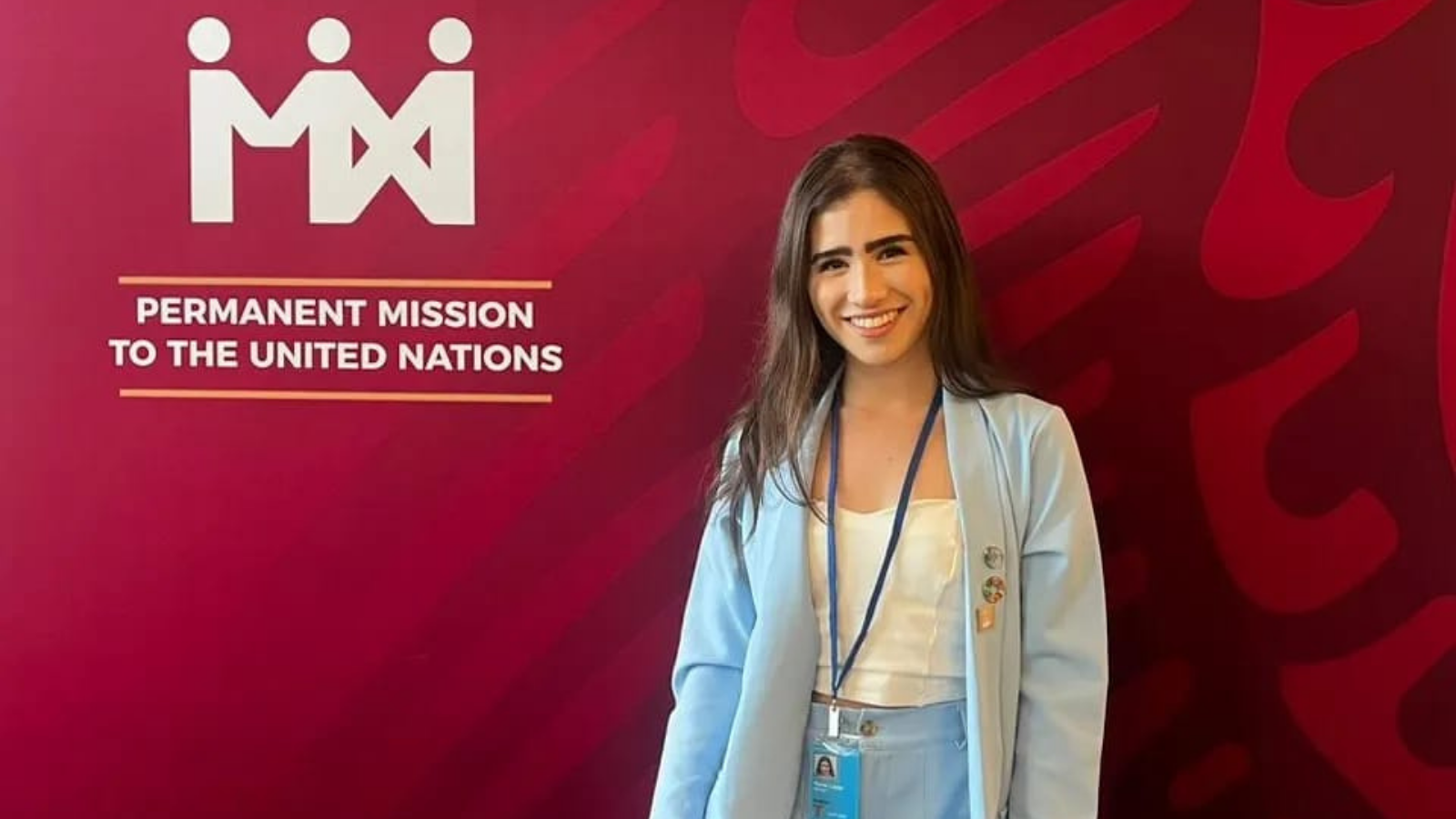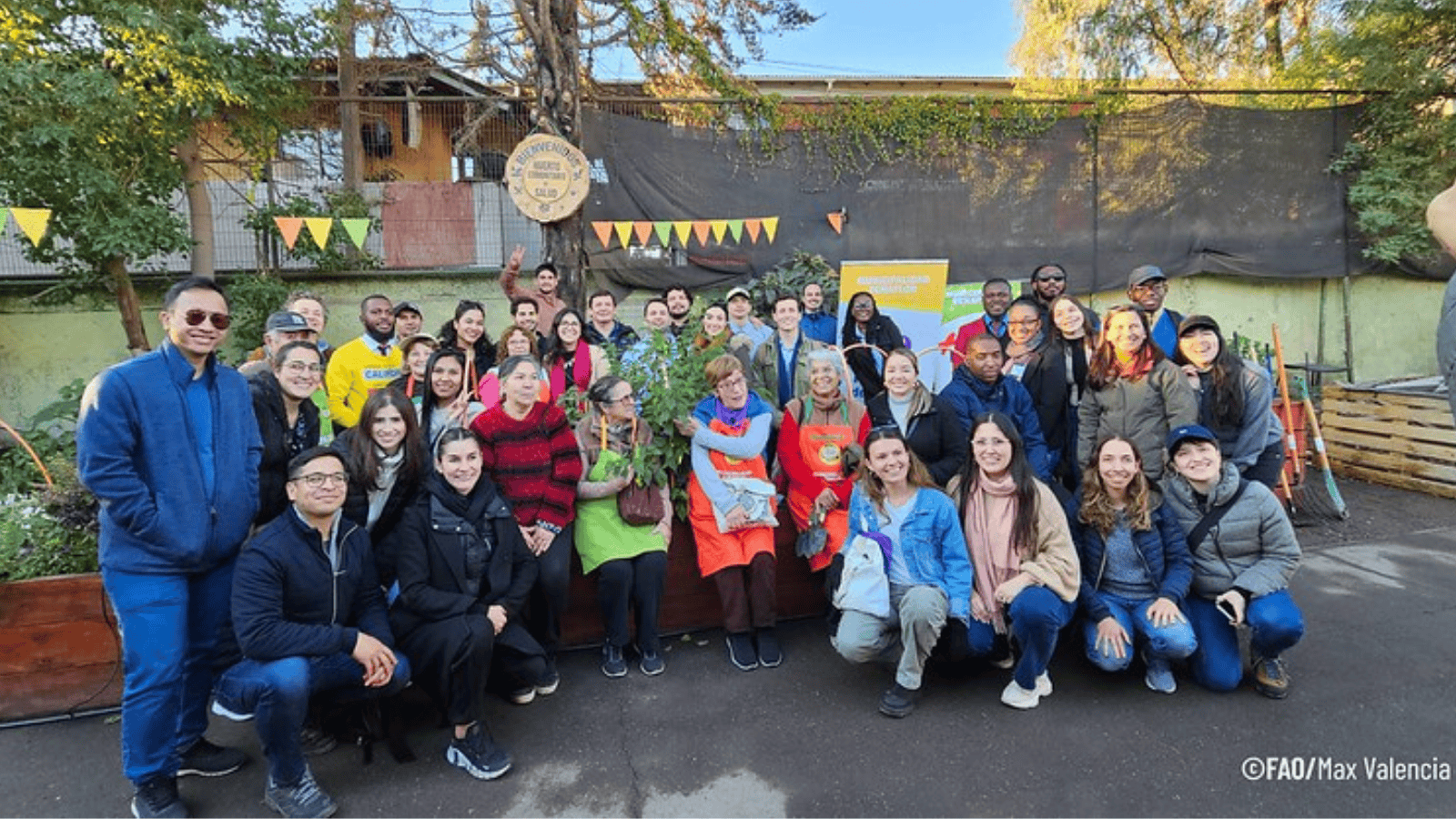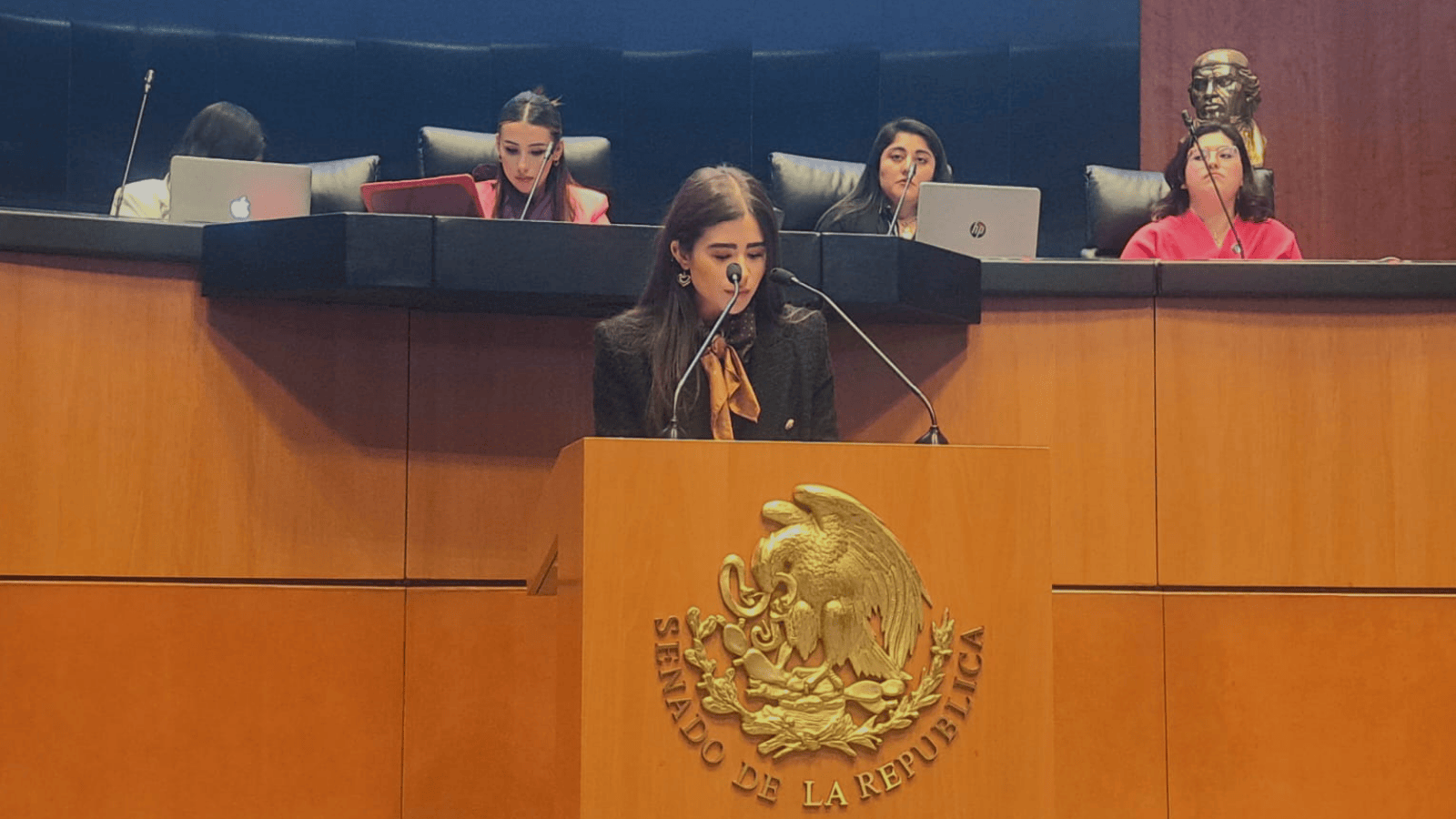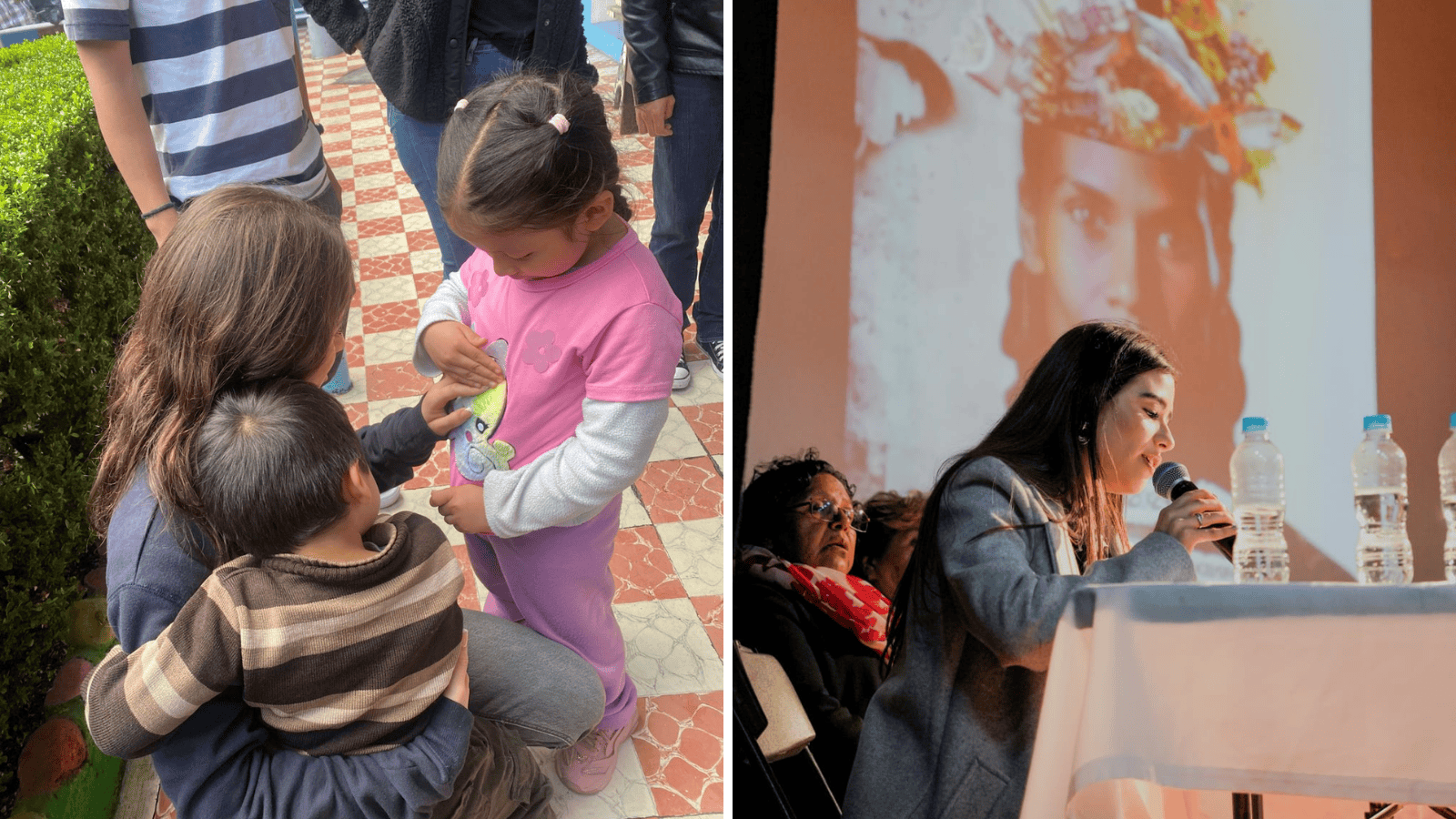SEED FUNDING JOINT PROGRAMMES
Egypt
Strengthening Sustainable and Resilient Food and Nutrition Systems in Egypt for SDG Acceleration




PROJECT TITLE | Strengthening Sustainable and Resilient Food and Nutrition Systems in Egypt for SDG Acceleration |
| Context | Egypt engaged actively in the 2021 Food Systems Summit process, convening a national dialogue and developing national pathways with recommended interventions for improving food security and nutrition by 2030. To enhance multi-sectorial coordination and spearhead the transformation process, the Government created a National Committee for Food and Nutrition Systems chaired by the Prime Minister and bringing together several ministries to coordinate joint actions. Strengthening coordination mechanisms, fostering multi-stakeholder partnerships, consolidating accountability structures, focusing on the availability of evidence, analysis, and data, are identified as key priorities to strengthen the food systems governance structure in Egypt. |
| PUNOs | WFP, FAO, UNICEF |
| Contribution to SDGs | SDG 2 Zero Hunger, SDG 3 Good Health and Well-being, 12 Responsible Consumption and Production. |
| Contribution to other SDG transitions | Climate, biodiversity, pollution |
| Duration | June 2024 – May 2025 |
| Expected financial leverage | $87,000 (PUNO co-financing) |
| Alignment with SG Call to Action | Policy integration; Food systems governance; Research, data, technology and innovation; Inclusive and participatory design; Private sector engagement |
| Outcomes | The JP contributes to strengthening policy and governance frameworks for food systems transformation and generating evidence and analysis on key dimensions of food systems to inform decision-making, supporting the work of the National Committee for Food and Nutrition Systems. The JP complements the government’s flagship program “Country Platform for the Nexus of Water, Food and Energy”, which provides a mechanism to mobilize climate finance and private investments. |
| Partners |
|
| Outputs |
|
How a young leader in Mexico is bridging the gap between food policy and local communities

Melissa Yamel Flores López is part of a new generation of young leaders helping to shape Mexico’s food policies. A student of both food engineering and law, she works at the intersection of policy and community, ensuring that national food system reforms translate into meaningful change on the ground.
Her work was catalyzed by her participation in the Youth Leadership Programme (YLP) – a Hub initiative supported by the German Federal Ministry for Economic Cooperation and Development – which equips young people with the tools to influence food systems. It was through YLP that she connected with Dr. Ruy López Ridaura’s team, Mexico’s Former National Food Systems Convenor, a connection that has since defined the course of her work.
Now, she is at the forefront of implementing Mexico’s new General Law on Adequate and Sustainable Food, The Organic Products Law and its respective agreements, certifications and regulations, working to ensure its ambitious goals become a reality at the municipal level.

Melissa participates in the YLP workshop in Santiago de Chile.
From global forums to local food committees
Growing up in Mexico City, Melissa was drawn to food engineering, recognizing the deep connections between food security, public health, and policy. Her activism led her to global platforms, including the UN High-Level Political Forum in New York and the World Food Forum at FAO headquarters in Rome.
“As a young person, I have a responsibility not just to study these issues from a technical or political perspective, but to actively influence policies and drive real change for communities,” she said. “Mexico is a country rich in resources and diversity, yet it faces immense challenges in food security and nutrition.”

Melissa speaking at the First National Parliament of Young Women in the Senate of the Republic, which became a historic event in Mexico.
Some of her most impactful work is unfolding in Mexico’s municipalities. With the passage of the General Law on Adequate and Sustainable Food in April 2024, she has played a key role in monitoring the structuring of municipal food committees – local bodies responsible for translating food policy into action at the community level.
A pilot program in Mexicali, Baja California, revealed just how transformative these committees could be. “Committee members have begun engaging with their municipal governments, and families are now more aware of the importance of consuming vegetables and local food. Efforts are also underway to train them in sustainable agriculture,” Melissa said.
Bridging policy and reality
For Melissa, ensuring that food policies reflect the realities of the communities they serve has been a guiding principle. One defining experience came during the Sustainable and Resilient Food Summit in Ocoyoacac, State of Mexico, where she attended a gathering of farmers, producers, and ranchers.
“No one knew I had contact with the Health Secretariat. They assumed I was just attending the summit,” she recalled. “As they spoke, many shared their challenges and hopes for greater collaboration with the government.”
As the event concluded, organizers announced that a young representative of the government was present. When Melissa stood up, the room fell silent.
“They hadn’t expected someone so young,” she said. “But when I introduced myself and shared that I worked closely with policymakers, the conversation shifted. People approached me afterward, eager to share their concerns and ideas.”
That experience reinforced what she already believed: policy is strongest when built through direct engagement with communities. Since that summit, she has been regularly invited to dialogues with local producers, ensuring that their perspectives are reflected in food policy discussions.
Working with the National Food Systems Convenor
Melissa’s work with Dr. Ruy López Ridaura’s team is a testament to the power of youth engagement in policymaking. She was invited to join his team after YLP, where her expertise in agri-food systems and public health policy stood out.
Her role now includes evaluating municipal food policies, ensuring that public health initiatives align with food security goals, and developing an outcome indicators matrix to measure the progress of municipal intersectoral councils on food-related issues.
“The most important lesson I’ve learned from Dr. Ridaura is that we must listen to the needs of communities,” she said.
It’s a lesson Dr. Ridaura illustrated through a powerful story: A Minister of Agriculture once received an expert who came with a detailed report on farmers’ markets. The Minister looked at the report and said, “I’m not going to read this until I see mud.” The expert, confused, asked, “What mud?” to which the Minister replied, “The mud on your boots from walking all those fields.” For Melissa, the story is a powerful reminder that meaningful policy requires more than data – it demands real connection with the people it’s meant to serve. “Dr. Ridaura calls it a pincer strategy,” she explained. “Policy must be shaped from the top down and the bottom up – and the bottom-up only works if you've truly spent time in the communities.”
Her work also extends to nutrition advocacy, helping to create healthier food environments in schools. With Mexico now enforcing a ban on junk food in schools, she is supporting efforts to expand nutrition education programs in rural communities, ensuring that students and families understand the benefits of local, whole foods.

Left: Melissa delivering food and toys to an orphanage for Three Kings’ Day; Right: Melissa presenting the State of Mexico’s declaration at the Sustainable and Resilient Food Summit in Ocoyoacac.
A vision for Mexico’s food future
Melissa envisions a future where local, sustainable, and equitable food systems are at the heart of Mexico’s policies. She hopes that in five years, local food production will be more valued, food security will improve, and sustainable farming practices will be the norm.
Her advice for young people looking to engage in food systems transformation? “Don’t be afraid to challenge what’s established,” she said. “Make noise, raise your voice, and apply for those programs – even if you fear not being selected. You are your own limit.”
Through her work with the National Convenor, municipal governments, and rural communities, Melissa is proving that young leaders are not just the future of food systems – they are already shaping them.
